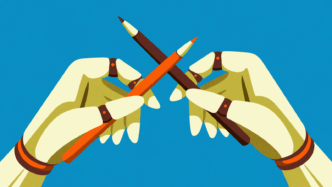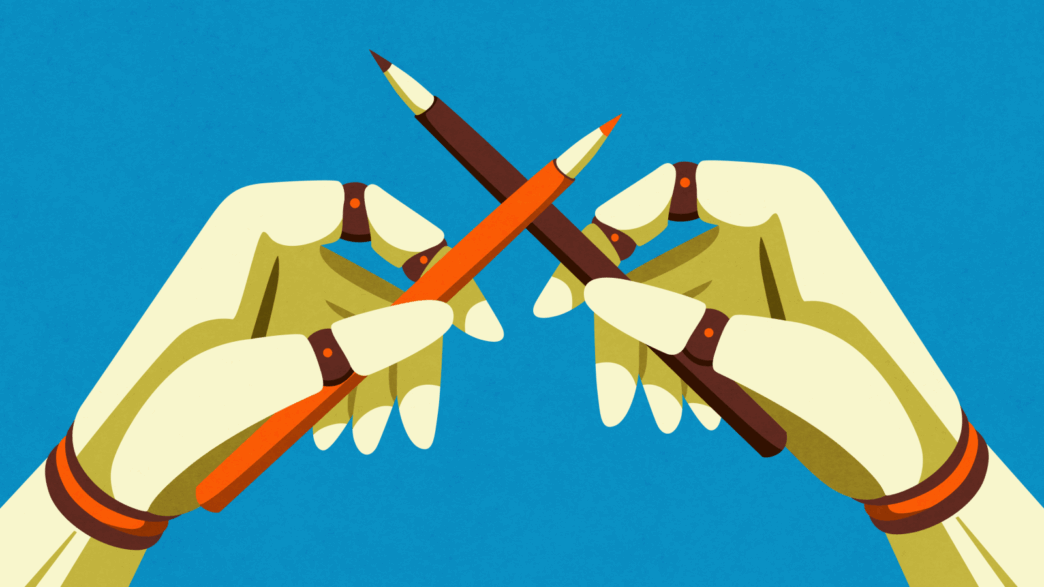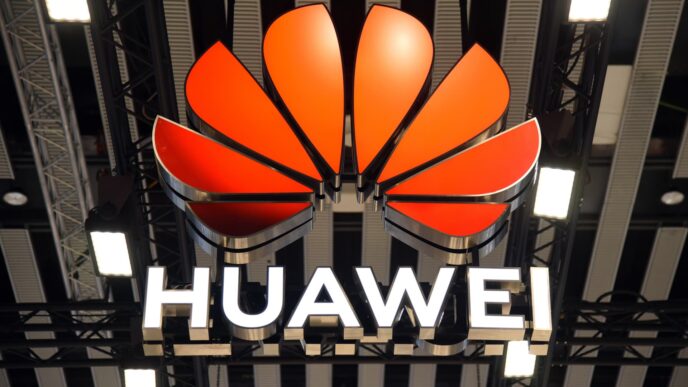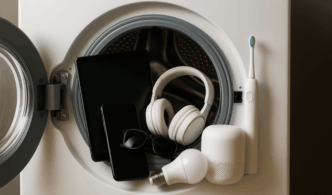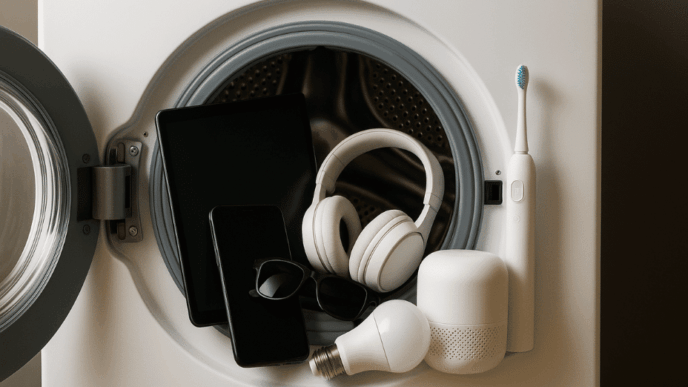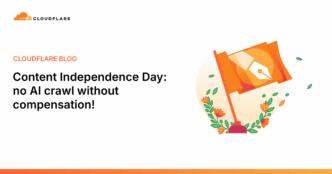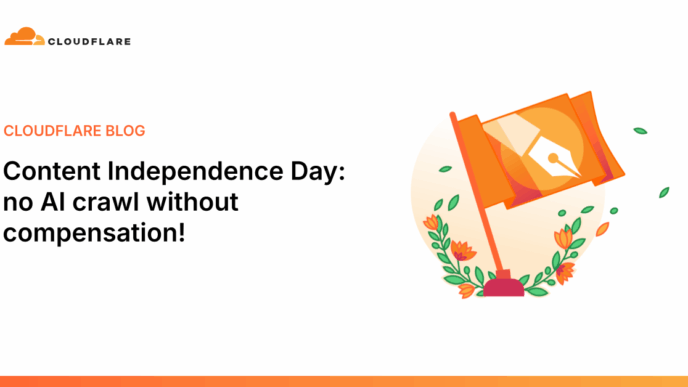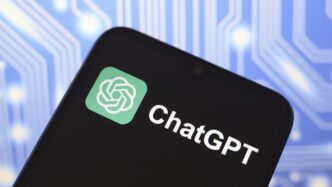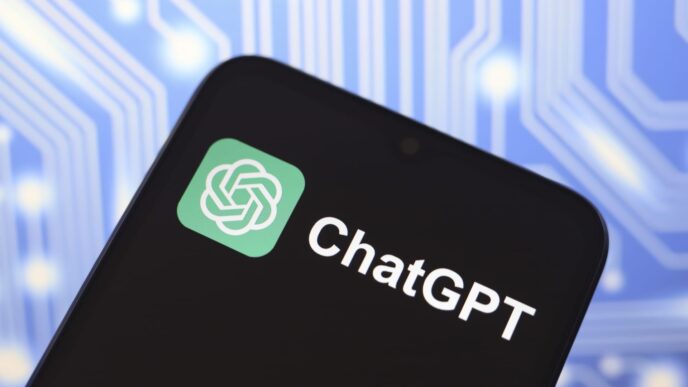Chinese universities are cracking down on AI content in student theses—and it’s blowing up in their faces.
Starting now, dozens of top schools including Fuzhou University and Sichuan University require final papers to pass AI content detection. Anything flagged over 15-40% AI-generated risks rejection, graduation delays, or even expulsion.
The problem? The AI detectors—mostly from China National Knowledge Infrastructure (CNKI), Wanfang Data, and Chongqing VIP—are glitchy and unreliable. Students who barely used any AI are still failing.
Xiaobing, a senior studying German literature, ran her mostly human-written thesis through one of these detectors. It flagged 50% AI content. After tweaking, she found replacing periods with commas dropped her AI score by 20%—despite making her sentences awkward.
Xiaobing said:
“It feels like you get punished for writing too well.”
Many students are now paying for AI-powered rewriting services to trick the detectors. Some shell out nearly $100 for “manual” edits by supposed grad students—often producing gibberish. Others use cheaper AI tools, sometimes changing "semiconductor" to "0.5 conductor" or turning cultural references into nonsense.
Dede, a Fujian student, paid 500 yuan ($70) for edits. Instead of improvement, her thesis became incoherent with weird synonyms.
Universities defend the crackdown as a way to fight cheating but ignore that their detection tools are flawed. CNKI even warns their “test results might contain errors.”
Meanwhile, students are stuck in a loop: AI detectors push more AI use as they scramble to pass.
A communications professor from Shandong province, speaking anonymously, warned the crackdown is backfiring.
He said:
“The bigger issue is that these tools make students feel like using AI is something to be ashamed of.”
“When something can’t be discussed honestly, it can’t be handled properly.”
Some schools like Nanjing University have started calling for a more balanced approach, urging educators not to rely solely on AI detection.
Business major Yanzi spent money on AI tweaking after her self-written thesis got flagged with over 30% AI content. She hadn’t even heard AI was off-limits before.
Yanzi said:
“It was quite scary,” referring to the risk of not graduating.
“Some teachers even encouraged us to use AI for research.”
China’s rapid AI crackdown in education is triggering an ironic surge in AI services, showing just how messy enforcing these rules has become.
